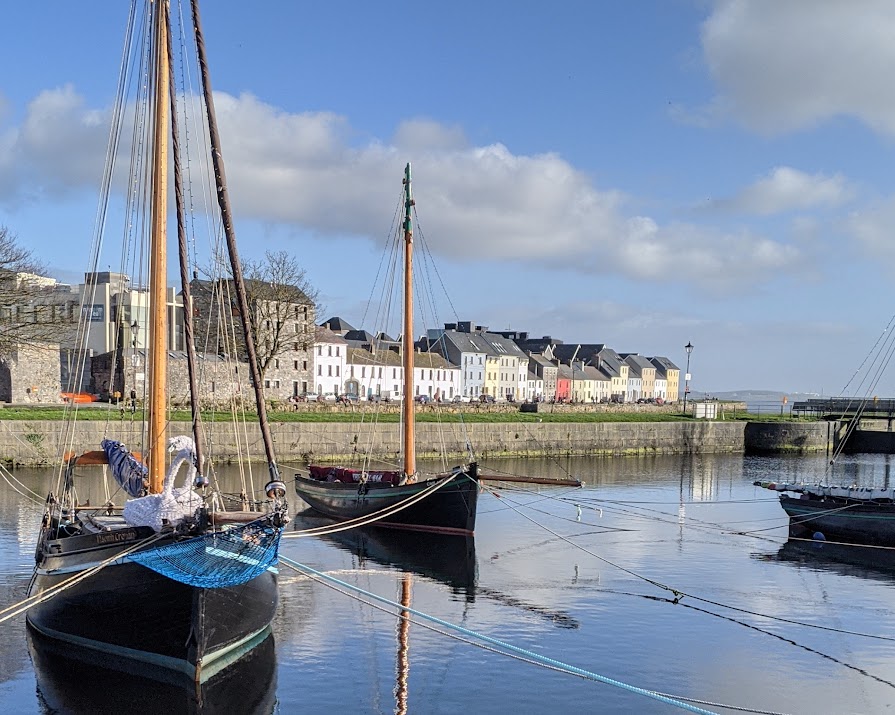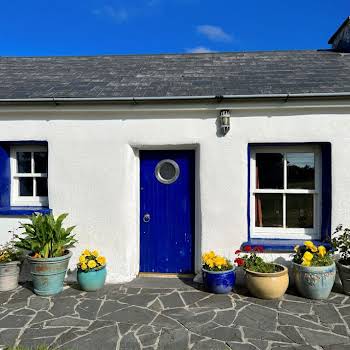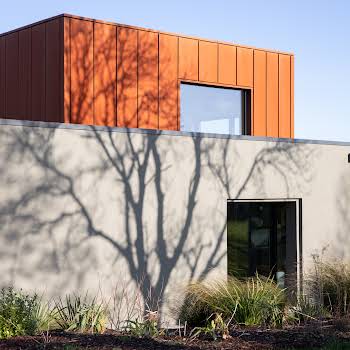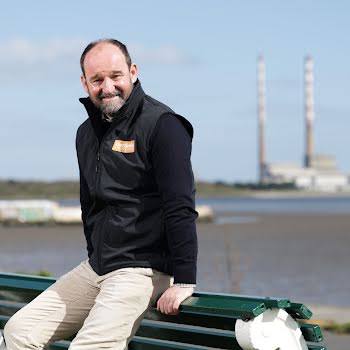Shutting down Portobello Square and Middle Arch is not the answer to preventing large gatherings
By Lauren Heskin
01st Jun 2021
01st Jun 2021
Recent crowds in Dublin and Galway has resulted in the closing of public spaces, but what we need is more public spaces, not fewer.
After last weekend’s large gatherings in Dublin and Galway, there was understandable public outcry against the irresponsibility of disaffected, maskless youths socialising on packed streets. Follow-up videos of litter-strewn streets did little to ease anger towards young people.
However, they don’t shoulder all of the responsibility.
This week, Dublin City Council have refused to add more bins to the city centre and it comes just a few weeks after the decision to close Portobello Square due to “antisocial behaviour”. Speaking on Claire Byrne Live on Monday, May 31, DCC’s director of city recovery Coilín O’Reilly said that providing bins and toilets in these areas would “only drive more footfall and create more of an issue from a public health perspective”.
In fact, the lack of bins is a chronic issue that long-predates Covid-era restrictions. According to The Times, DCC have removed 2,000 bins from Dublin city streets since 2018.
Similarly raucous scenes were witnessed in Galway city centre, with the Middle Arch along the river reopened for only a day or two before being fenced off once again due to “large crowds gathering”. Ironically, there are two large bins just behind the Middle Arch barrier, which are now also redundant.
An “Outdoor Summer”
The result of these actions was more overcrowding in the Spanish Arch and an absolute mess in Dublin City centre come Sunday morning. Huge gatherings like these are against public health advice and people should have more sense, but they’re also predictable, especially when a few days of warm weather coincides with the end of university exams and Leaving cert students finishing their final semester.
Government has been telling us this is going to be an “outdoor summer” for months now. Well, this is what an outdoor summer looks like.
It’s almost as though they decided to pedestrianise streets to appease hospitality and retail lobby groups, without considering the necessity of public interaction with these businesses.
Many people living in apartments and terraced homes in Ireland’s cities do not have access to private gardens. If they wish to see friends they have been encouraged to do it outdoors, which means using public parks and spaces. Shutting those spaces down only limits their options and their ability to socialise safely.
Secondly, big university cities like Dublin, Cork, Limerick and Galway have large student populations who have had almost no university experience in over a year. First years have had no opportunity to meet their peers and some have spent less than ten days on campus in total, all while paying full fees. Many of them continued to rent throughout the academic year in the hopes of seeing restrictions lift and getting a taste of that college experience.
Those of us lucky enough to have gone to university know the outsized impact those years can have. You form life-long friendships, shape your opinions. You get to travel and test the limits of your independence. A year in your college life is a big year to miss. It’s hard to blame young people for wanting to get out and seeing the high spirits bubble over into recklessness.
Who is a city for?
Despite the months’ long prognostications of this “outdoor summer”, councils have only very recently begun to consider its real-world implications. Galway City Council has opted to pedestrianise certain streets as “dining areas” so businesses without outdoor spaces can serve outside, with almost no community engagement with residents, ie the people who will actually use the space. They have, however, dotted port-a-loos around the city. Not enough of them but they’re at least ahead of DCC who are still looking for tender applications to provide more public toilets.
It’s almost as though they decided to pedestrianise streets to appease hospitality and retail lobby groups, without considering the necessity of public interaction with these businesses.
We have become so fixated on the economics of our cities – the businesses, the transport links, the parking – that we have not considered how we might actually live in them.
“Shared public spaces are essential for creating a sense of community, reducing social isolation, and improving feelings of security,” says Michelle Carey of Better Galway, a group campaigning for more considered public spaces in the city. “People should be at the heart of our city planning. This means accepting the realities that people need to use toilets, sit down, eat and drink, and use bins. Until now, we have outsourced basic public needs to private businesses. Now that many of these businesses are closed or are operating at limited capacity, we are hit with the reality that our cities are not fit for people.”
As Michelle points out, our streets are currently designed to usher people from business to business as quickly as possible with little consideration from how we move through the city. “Look at Shop Street in Galway, a bustling city centre thoroughfare where businesses and people have benefitted greatly from its pedestrianisation in the 1990s. Yet this area does not accommodate people stopping and sitting down, taking a break or taking in the atmosphere, unless they are willing to pay to sit at one of the few outdoor cafes along it.”
Granted, the large crowds seen over the weekend acted irresponsibly but it is important to recognise that they’re also attempting to work within the confines of a public space that is not designed with the public in mind. We have become so fixated on the economics of our cities – the businesses, the transport links, the parking – that we have not considered how we might actually live in them.
As a nation, we have been dutifully following public health guidelines for the last 15 months and lived through one of Europe’s strictest lockdowns. Ensuring the continued compliance with these guidelines means creating spaces with and for the public, not just the businesses that abut them.























